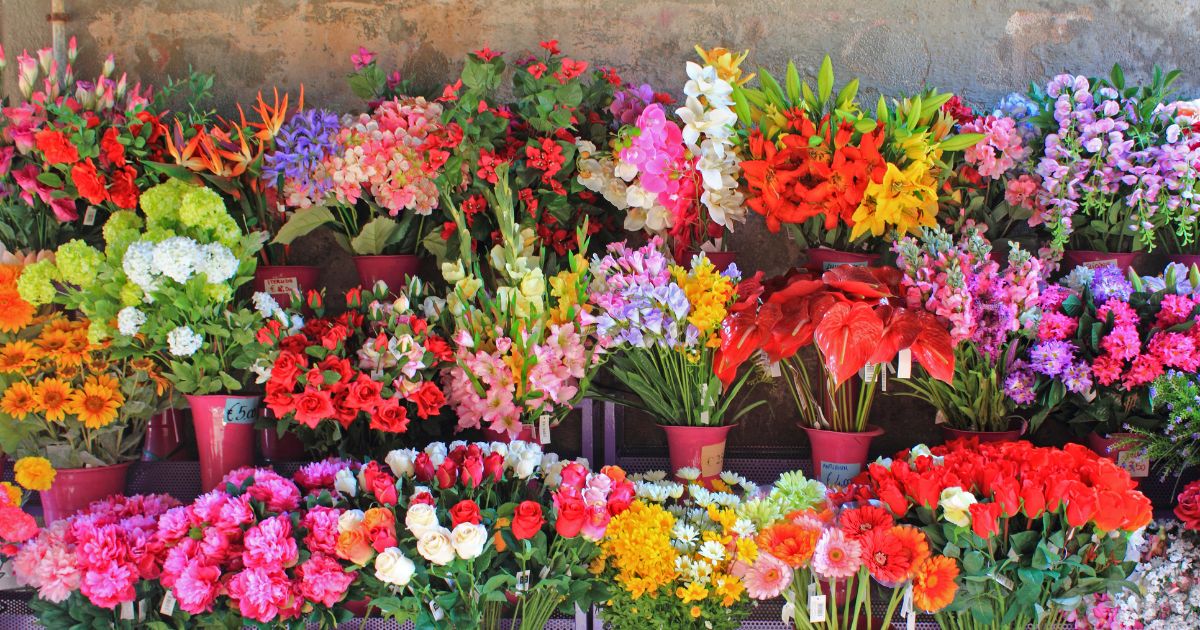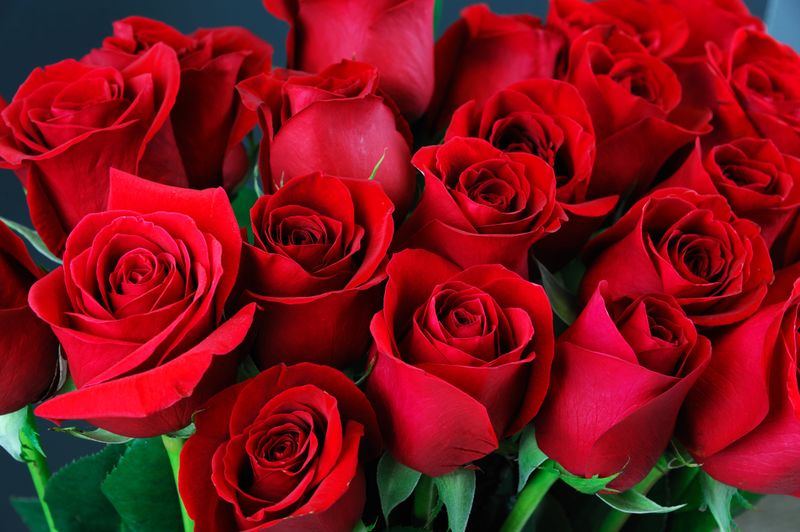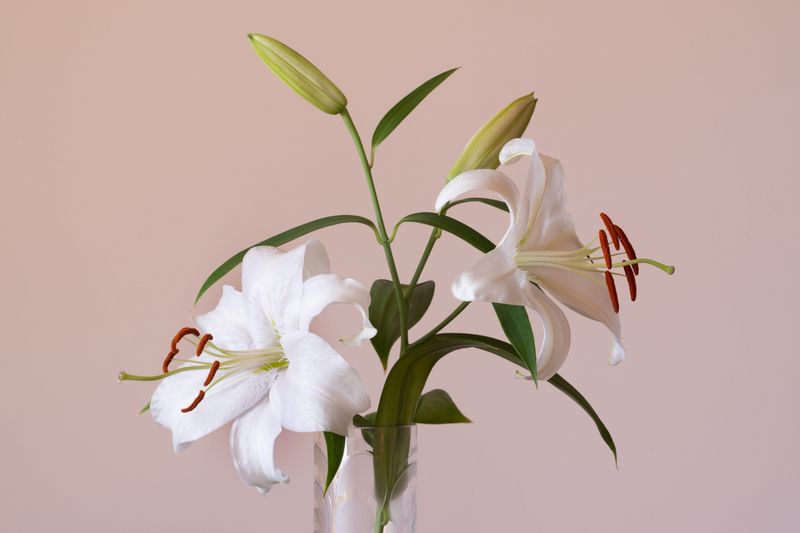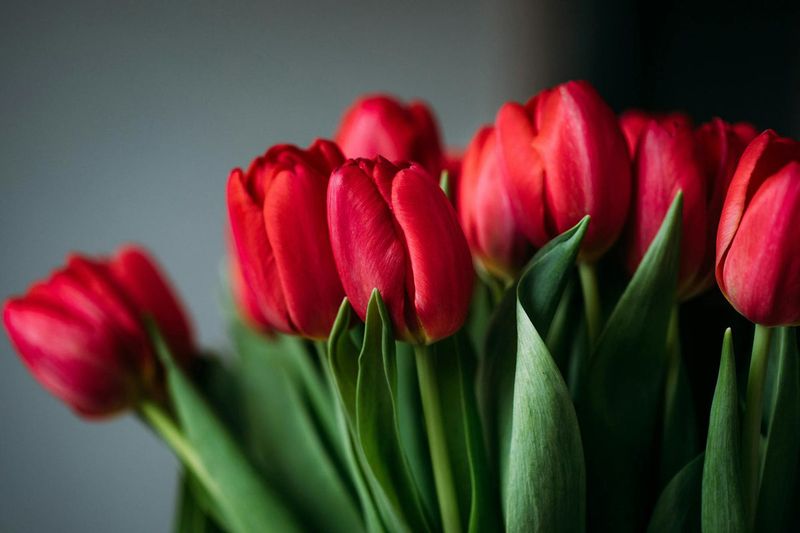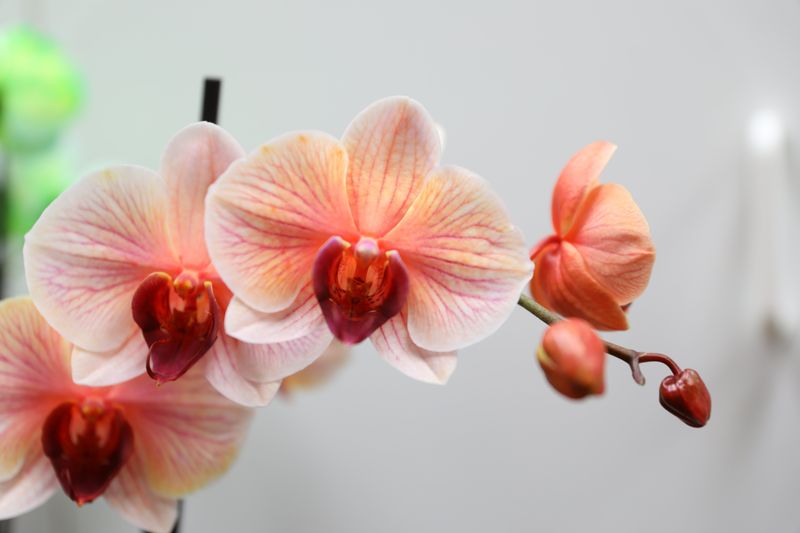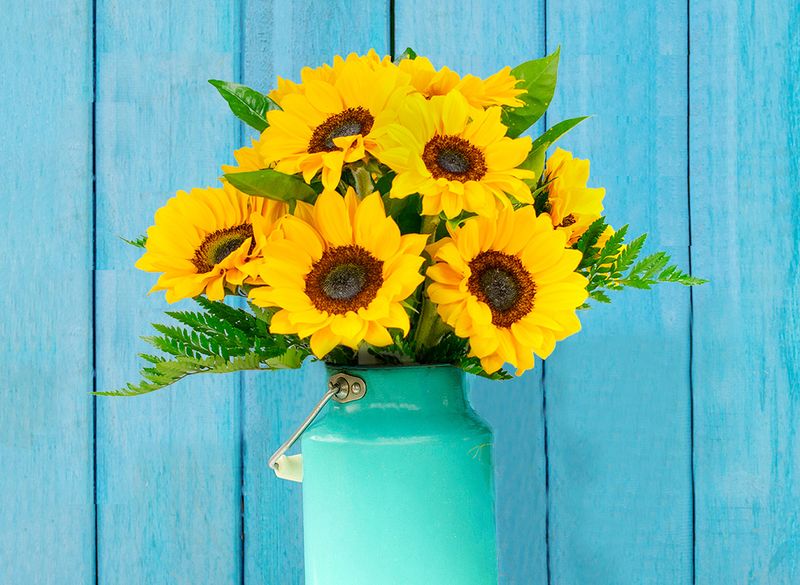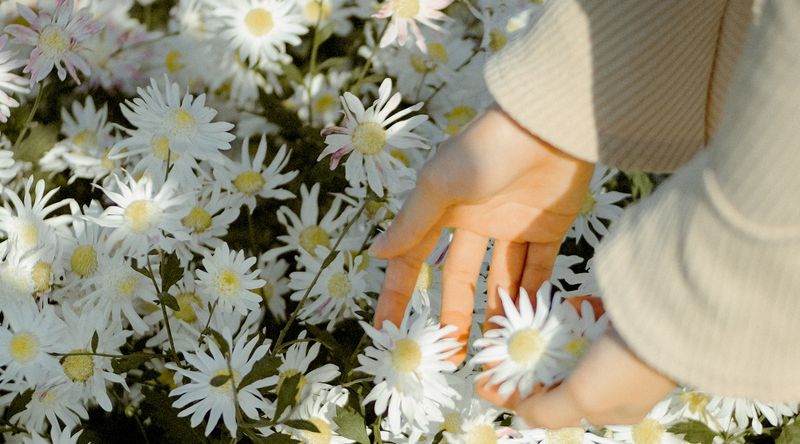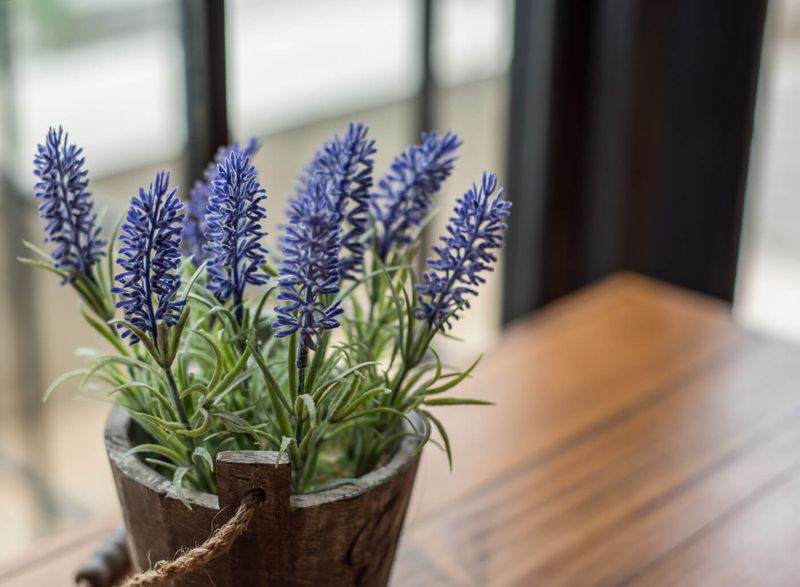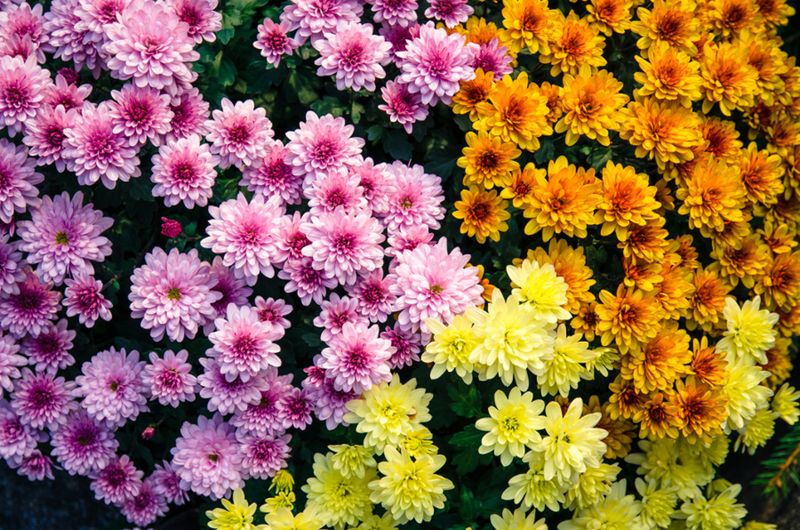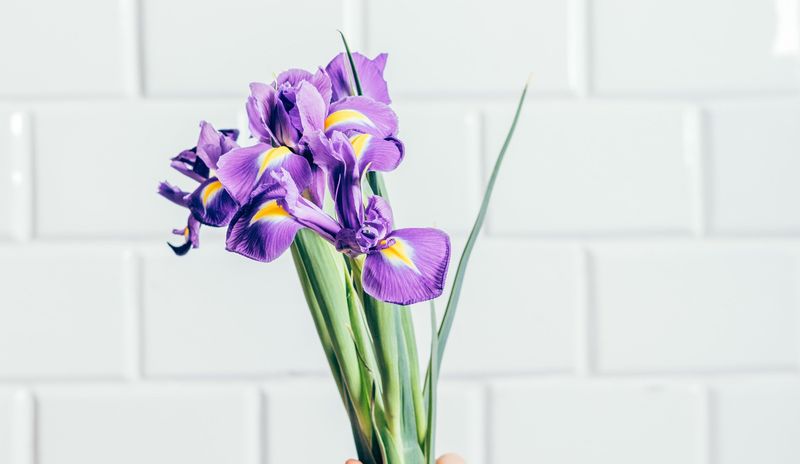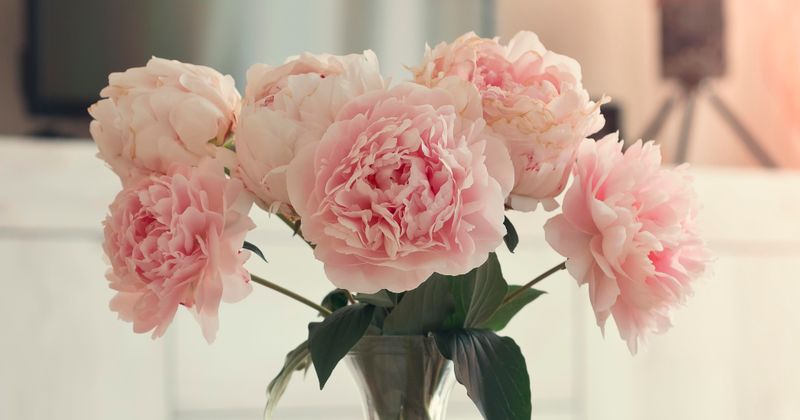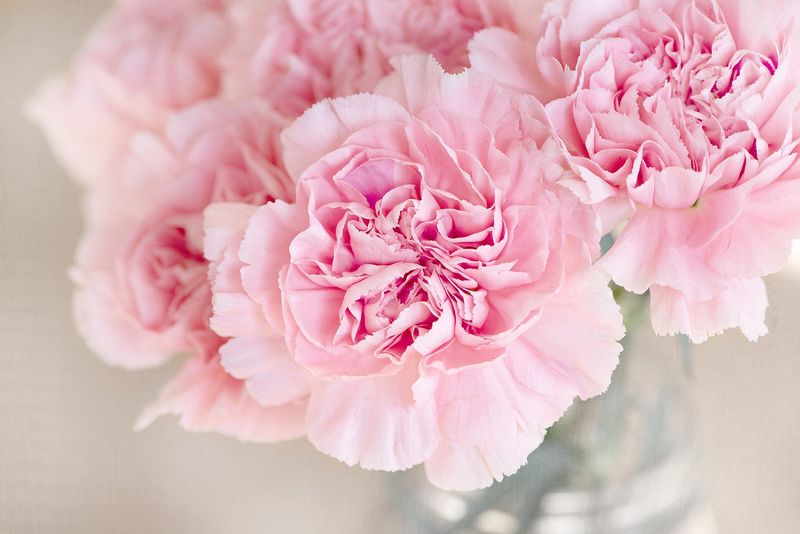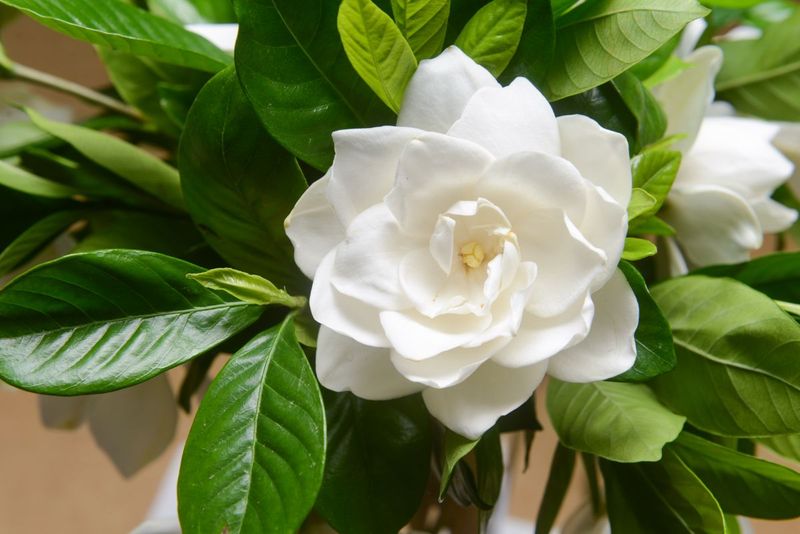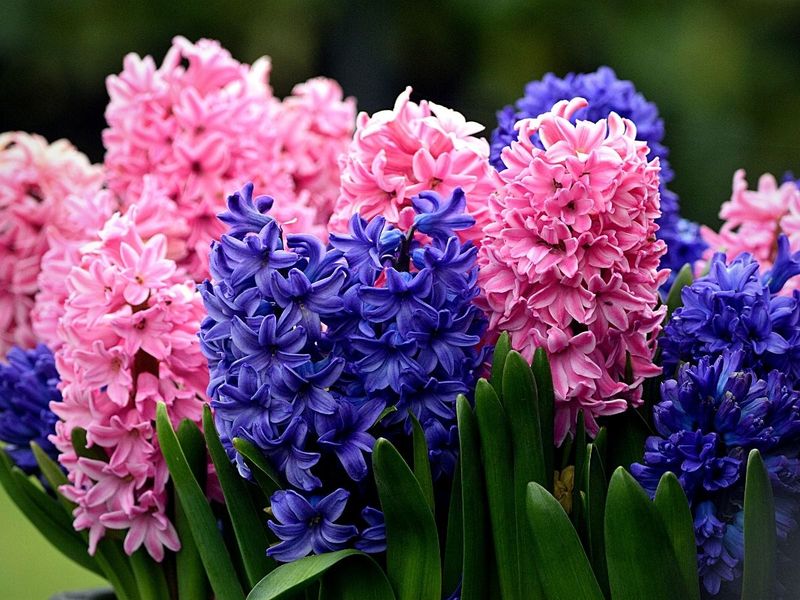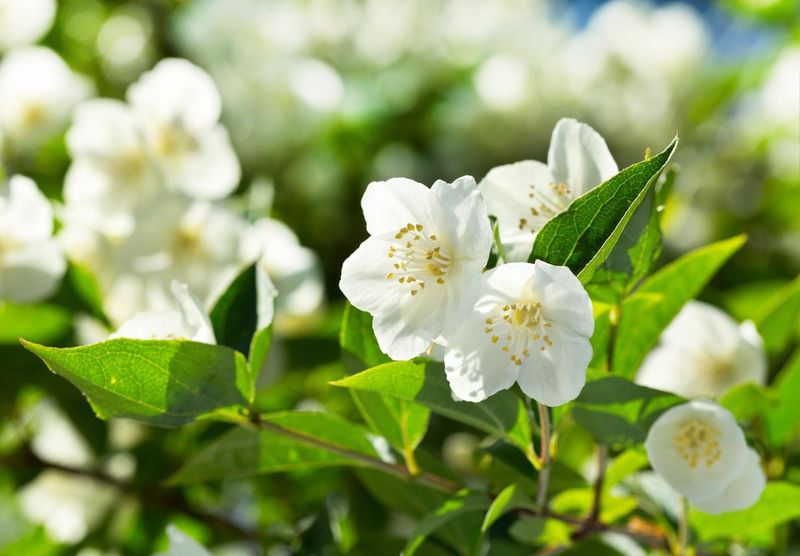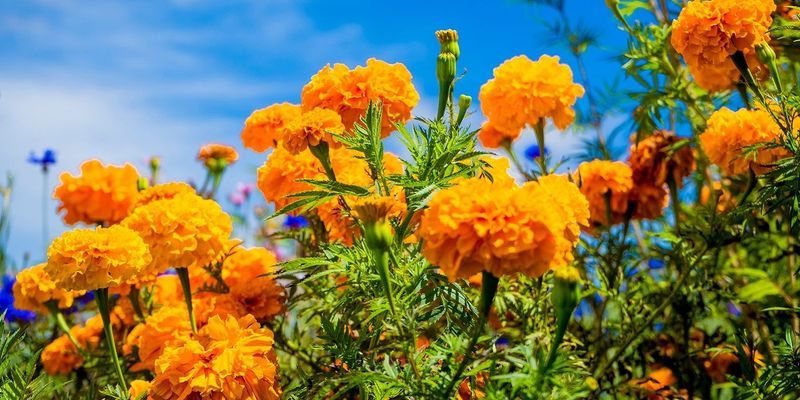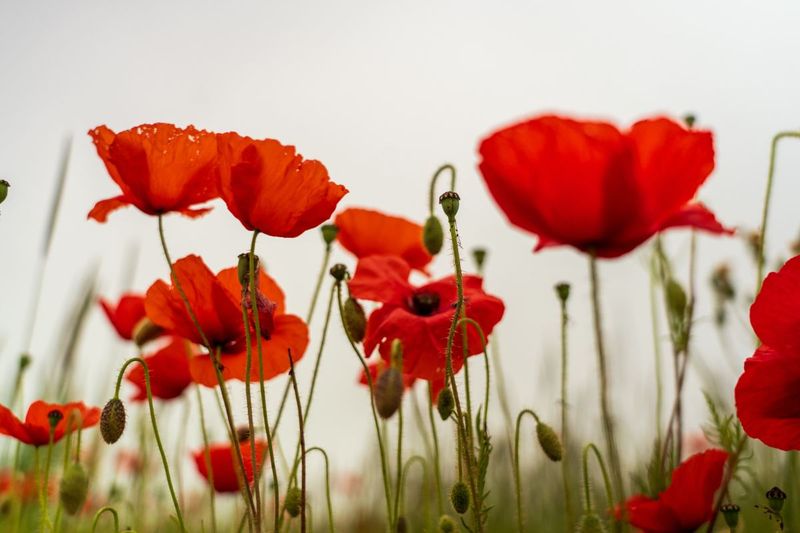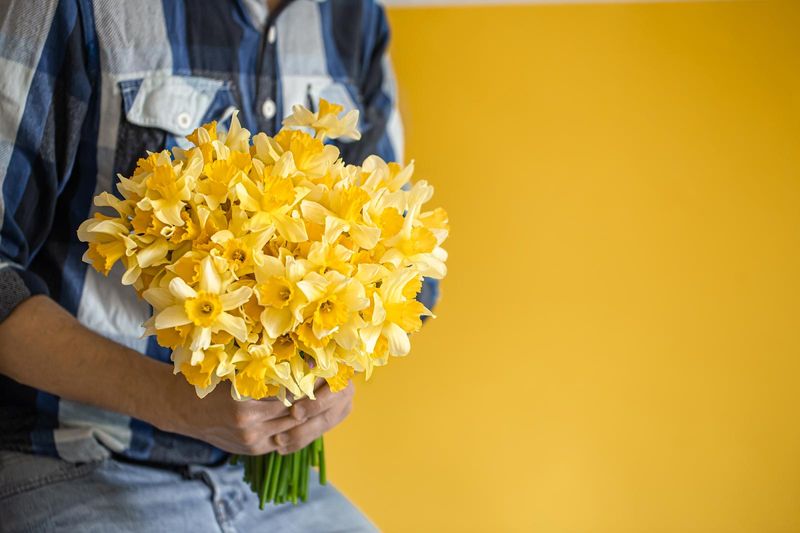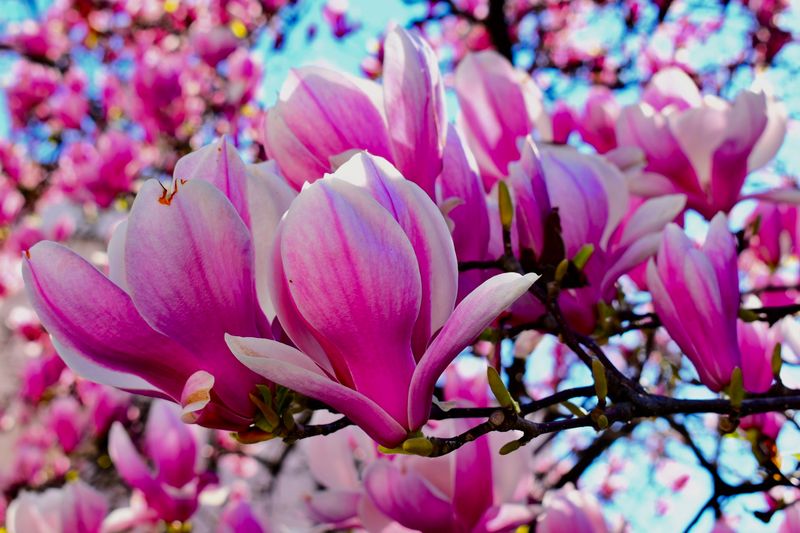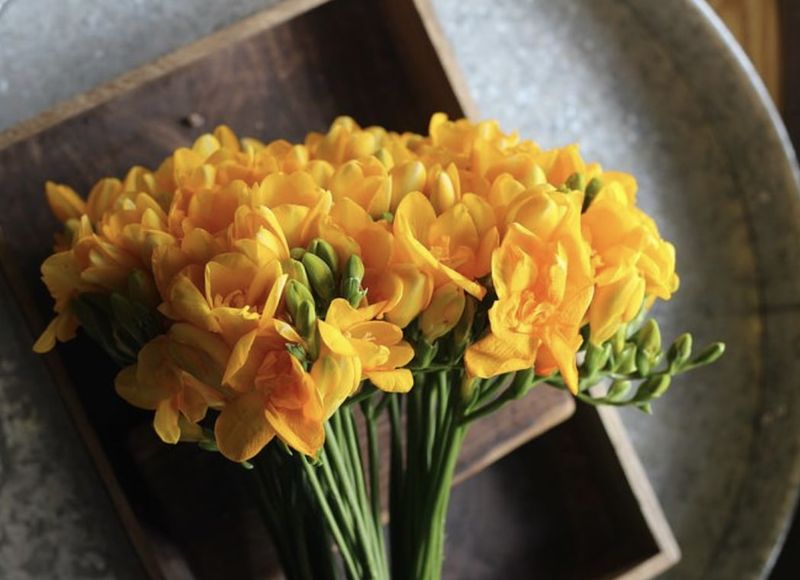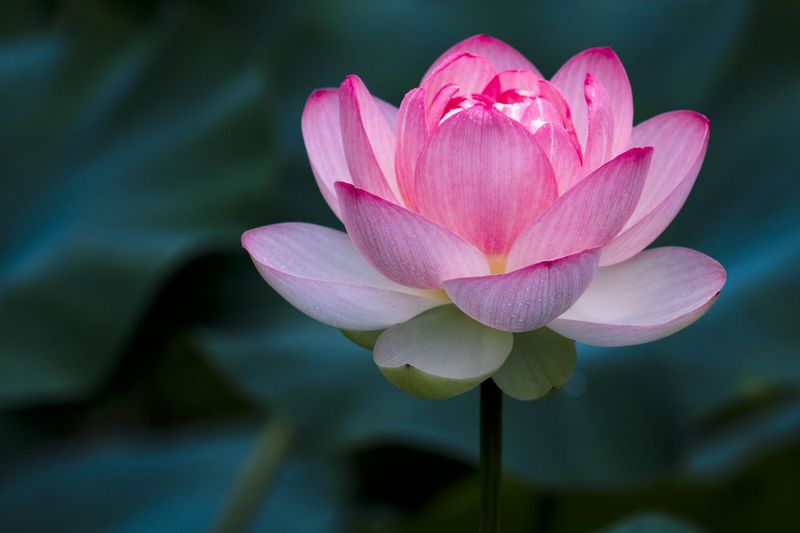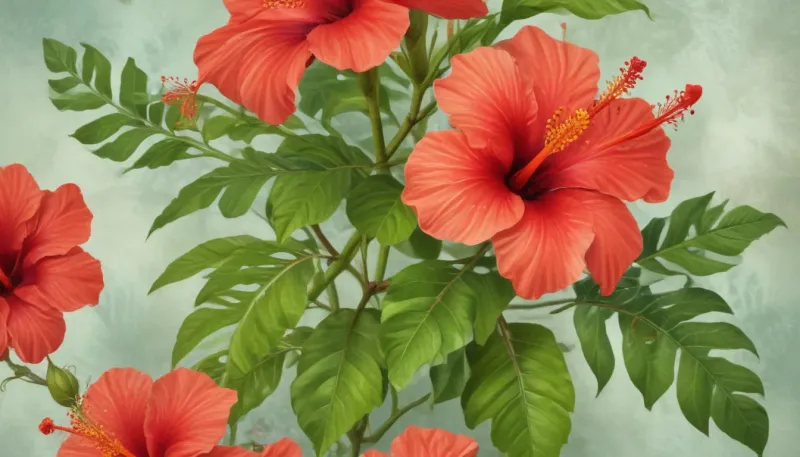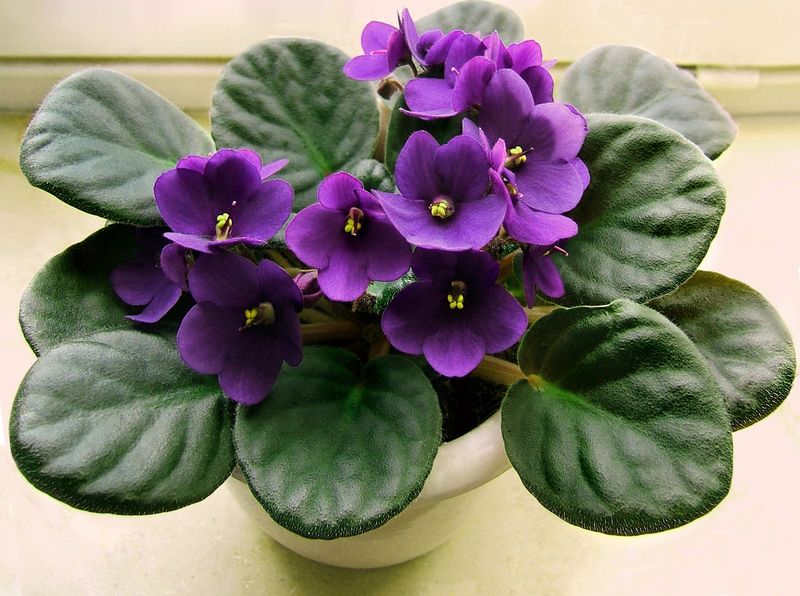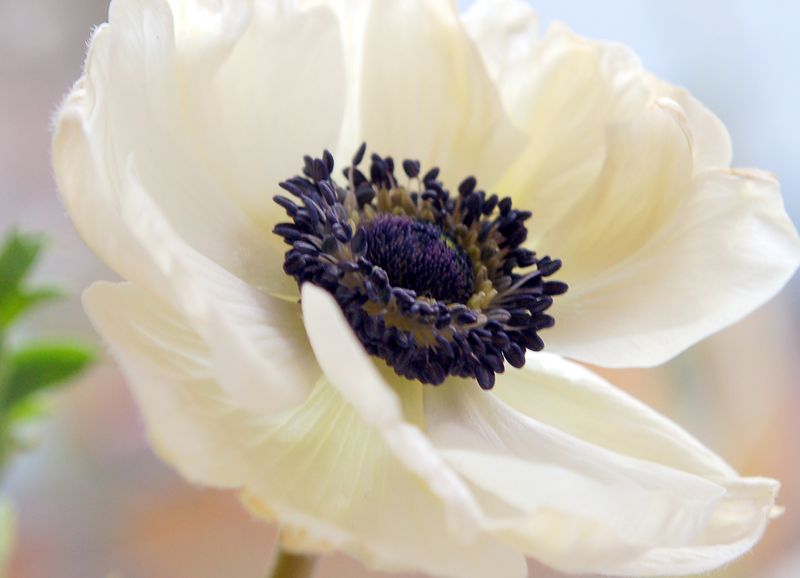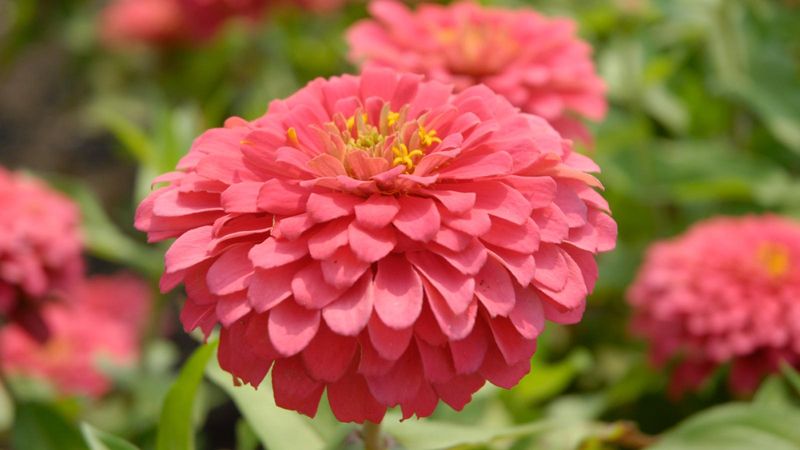Flowers are more than just pretty blooms; they hold deep symbolic meanings that have been cherished throughout history.
Exploring the hidden meanings of flowers can offer insight into emotions, messages, and the art of communication through nature’s beauty.
Join us on this fascinating journey as we uncover the secrets behind 24 stunning flowers, each with its own unique story and significance.
1. Rose
The rose, particularly the red variety, is renowned worldwide as the symbol of love and romance.
Its association with beauty and passion has ancient roots, appearing in poetry and art throughout history.
Beyond romance, roses can symbolize confidentiality or secrets, as in the term “sub rosa”.
Varied colors of roses convey different meanings; yellow for friendship, white for purity, and black for farewell or mourning.
A bouquet of mixed roses can convey a complex message, combining feelings of joy, gratitude, and admiration.
When gifting roses, consider their color and number, as both carry specific interpretations.
2. Lily
Lilies are synonymous with purity and refined beauty, often featuring in religious and cultural ceremonies.
White lilies, in particular, stand for virtue and innocence, making them a popular choice for weddings and funerals.
In Christianity, the lily symbolizes the Virgin Mary’s purity and the resurrection of Jesus Christ.
Beyond spiritual meanings, lilies can also represent fertility and abundance in some cultures.
Oriental lilies, known for their strong fragrance, add an element of luxury and elegance to any arrangement.
Whether celebrating new beginnings or honoring a life, lilies offer a profound, multi-layered message.
3. Tulip
Tulips are a symbol of perfect love and are often associated with the arrival of spring.
Their rich history dates back to the Ottoman Empire and reflects themes of paradise on earth.
In the Netherlands, tulips became a status symbol during the 17th century Tulip Mania.
Different colors carry distinct meanings: red for true love, purple for royalty, and yellow for cheerful thoughts.
Tulips’ simple yet elegant appearance makes them a favorite for gardens and floral gifts.
Whether expressing love or celebrating new beginnings, tulips are a timeless choice.
4. Orchid
Orchids symbolize rare and delicate beauty, with an exotic allure that captivates admirers.
Their symmetrical design and vibrant colors make them a symbol of luxury and strength.
In ancient Greece, orchids were associated with virility and fertility, believed to influence gender determination in pregnancy.
Today, orchids are gifted to convey admiration and respect, particularly pink orchids for affection and white for purity.
Orchids require specific care, reflecting their symbolism of refined taste and attention.
As a gift, they express sophistication and elegance, suitable for special occasions.
5. Sunflower
Sunflowers are renowned for their bright, cheerful appearance and strong symbolism of adoration and loyalty.
Their name comes from their tendency to turn towards the sun, embodying the idea of seeking and following positivity.
In Victorian times, sunflowers represented lofty ideals, and their seeds symbolize abundance and nourishment.
Sunflowers also hold significance in spiritual practices, often seen as emblems of faith and worship.
Their large, vibrant blooms make them a striking choice for bouquets, conveying warmth and happiness.
Whether in gardens or vases, sunflowers bring a sense of joy and admiration.
6. Daisy
Daisies epitomize simplicity and innocence, often associated with childhood and pure intentions.
Their clean white petals and unassuming presence lend them an aura of purity and truth.
In Celtic mythology, daisies were flowers for the gods, symbolizing new beginnings and transformations.
The phrase “fresh as a daisy” captures their essence of vitality and freshness.
Daisies are also known for their ability to close at night, representing both endings and new beginnings.
These qualities make daisies perfect for expressing sentiments of loyalty, love, and remembrance.
7. Lavender
Lavender’s soothing fragrance and calming hue make it a symbol of tranquility and grace.
Historically, lavender has been used in healing and cleansing rituals, prized for its therapeutic properties.
In floral language, lavender expresses devotion and serenity, often used in relaxation and wellness settings.
Its delicate purple flowers are a favorite in gardens, attracting bees and butterflies while offering a peaceful ambiance.
Lavender oil, derived from the flowers, is a popular choice for aromatherapy, promoting relaxation and emotional balance.
As a gift, lavender conveys wishes of peace and well-being, perfect for calming environments.
8. Chrysanthemum
Chrysanthemums are symbols of joy and longevity, often associated with autumn and the harvest season.
In Eastern cultures, particularly in Japan, they are seen as emblems of the sun, representing immortality and rejuvenation.
Chrysanthemums’ diverse colors carry various meanings: red for love, white for truth, and yellow for neglected love or sorrow.
Their robust blooms and long-lasting nature make them ideal choices for bouquets and floral arrangements.
In Western cultures, they are often used to express friendship and well-wishes.
Whether celebrating life or offering condolences, chrysanthemums convey a heartfelt message.
9. Iris
Iris flowers are rich in symbolism, representing wisdom, valor, and faith.
They derive their name from the Greek goddess Iris, the messenger of the gods, symbolizing communication and connection.
Irises’ unique shape and brilliant colors, especially purple, lend them an air of majesty and distinction.
In art and heraldry, the iris is often used to symbolize royalty and power.
Beyond aesthetics, irises are associated with courage and hope, often gifted to inspire and uplift spirits.
Whether adorning a garden or presented as a bouquet, irises convey a message of strength and wisdom.
10. Peony
Peonies are cherished for their lush fullness and rich symbolic meanings of prosperity and romance.
Their luxurious blooms have made them a symbol of wealth and honor in Chinese culture for centuries.
Often used in weddings and celebrations, peonies represent happy marriages and good fortune.
The peony’s soft, romantic appearance makes it a favorite choice for bridal bouquets and home décor.
In the language of flowers, peonies convey a sense of bashfulness, adding a touch of mystery to their allure.
As gifts, they express sentiments of love, happiness, and prosperity, suitable for joyous occasions.
11. Carnation
Carnations are versatile flowers, rich in symbolism and varied in their meanings based on color.
Pink carnations are emblematic of gratitude and admiration, often used to express heartfelt thanks.
In Christianity, carnations are said to have grown from the Virgin Mary’s tears, symbolizing a mother’s undying love.
Red carnations convey deep love and affection, while white signifies purity and luck.
The long-lasting nature of carnations makes them a favored choice for both gifting and long-lasting arrangements.
Whether celebrating a special occasion or offering comfort, carnations are a meaningful choice.
12. Gardenia
Gardenias are celebrated for their intoxicating fragrance and are symbols of purity and sweetness.
Often associated with secret love and admiration, gardenias carry an air of mystery and romantic allure.
Their creamy white flowers are a popular choice for wedding bouquets, symbolizing a love that is pure and true.
In Victorian times, gardenias were sent as messages of love and affection, often without words.
Beyond romance, gardenias are also used to convey joy and clarity in personal growth.
As gifts, they express sentiments of admiration, making them ideal for special occasions.
13. Hyacinth
Hyacinths are known for their enchanting fragrance and vibrant colors, symbolizing constancy and playfulness.
Their name comes from a Greek myth, linking them to themes of rebirth and renewal.
Blue hyacinths, in particular, convey sincerity and are often used to express heartfelt emotions.
In the language of flowers, hyacinths can also represent sport and play, adding an element of fun to their meaning.
Their bell-shaped blooms make them a charming addition to gardens and spring arrangements.
Whether celebrating friendship or expressing devotion, hyacinths offer a delightful, aromatic message.
14. Jasmine
Jasmine is a symbol of love and sensuality, with its delicate white flowers and enchanting fragrance.
Often associated with romance, jasmine is used in perfumes and ceremonies to invoke feelings of passion and intimacy.
In some cultures, jasmine represents purity and grace, often included in bridal adornments.
The night-blooming variety, known as “queen of the night,” adds an element of mystery and allure.
Jasmine’s calming scent is also used in aromatherapy to promote relaxation and reduce stress.
As a gift, jasmine expresses admiration and affection, making it perfect for romantic gestures.
15. Marigold
Marigolds are bright and cheerful flowers, known for symbolizing warmth and optimism.
Their vibrant orange and yellow hues make them a staple in autumn gardens and celebrations.
Often associated with the sun’s energy, marigolds convey a sense of resilience and joy.
In many cultures, especially in Mexico’s Dia de los Muertos, they are used to honor ancestors, representing the cycle of life.
Marigolds are also believed to possess protective qualities, warding off negative energy.
Whether in gardens or as gifts, marigolds bring a message of positivity and remembrance.
16. Poppy
Poppies are symbols of remembrance and consolation, often associated with wartime memorials.
Their delicate, papery petals and vibrant colors make them a poignant choice for commemorating sacrifice and loss.
Red poppies, in particular, are worn on Remembrance Day to honor fallen soldiers.
Beyond remembrance, poppies can also represent peace and rest, given their historical use in medicine.
The poppy’s association with sleep comes from its sedative properties, linking it to dreams and subconscious thoughts.
Whether as a symbol of solace or a tribute, poppies carry a profound and respectful message.
17. Daffodil
Daffodils are heralds of spring, symbolizing hope and renewal with their cheerful yellow blooms.
Their appearance after winter signifies rebirth and new beginnings, bringing a sense of optimism and joy.
In literature and art, daffodils are often used to represent inspiration and creativity.
The daffodil is the national flower of Wales, celebrated for its beauty and resilience.
In floral arrangements, daffodils convey a message of friendship and assurance.
As gifts, they are perfect for uplifting spirits and celebrating life’s joyful moments, embodying renewal and fresh starts.
18. Magnolia
Magnolias are symbols of dignity and stability, admired for their impressive blooms and rich history.
Often associated with the Southern United States, magnolias represent hospitality and charm.
Their large, fragrant flowers and glossy leaves make them a striking addition to landscapes.
In Chinese culture, magnolias symbolize purity and nobility, often used in traditional medicine.
The magnolia’s resilience and adaptability further enhance its symbolism of endurance and strength.
As gifts or in gardens, magnolias convey a sense of grace and grandeur, suitable for expressing admiration.
19. Freesia
Freesias are symbols of friendship and trust, famous for their sweet scent and vibrant hues.
Their bell-shaped blooms make them a popular choice in bouquets, adding elegance and fragrance.
Freesias’ ability to bloom in a wide range of colors allows for versatile arrangements suitable for various occasions.
In floral symbolism, freesias convey innocence and thoughtfulness, often gifted to express sincere friendship.
Their cheerful appearance and pleasant aroma make them a favorite for weddings and celebrations.
As gifts, freesias bring a message of joy and trust, perfect for strengthening bonds.
20. Lotus
The lotus is a powerful symbol of enlightenment and rebirth, often associated with spiritual growth.
Its ability to bloom in muddy waters represents purity, transformation, and resilience.
In Eastern religions, such as Buddhism and Hinduism, the lotus holds profound significance, symbolizing the journey to enlightenment.
The flower’s unique lifecycle, closing at night and reopening at dawn, mirrors the cycles of life and renewal.
Beyond spirituality, the lotus is admired for its beauty and grace, used in art and design.
As a symbol, the lotus inspires hope and perseverance, perfect for personal reflection.
21. Hibiscus
Hibiscus flowers are symbols of passion and delicate beauty, known for their large, bold blooms.
Often found in tropical regions, they are associated with warm climates and relaxed lifestyles.
In Hawaiian culture, hibiscus flowers are worn as symbols of respect and hospitality.
The hibiscus’s fleeting bloom, often lasting only a day, adds a layer of meaning related to the transient nature of beauty.
In herbal medicine, hibiscus is used for its health benefits, linking it to vitality and wellness.
As a gift, hibiscus conveys admiration and passion, perfect for vibrant, spirited occasions.
22. Violet
Violets are symbols of modesty and faithfulness, cherished for their understated beauty and subtle fragrance.
Often found in woodlands and shaded areas, violets represent humility and grace.
In Roman mythology, violets are linked to the goddess Venus, symbolizing love and devotion.
Their heart-shaped leaves and delicate flowers make them a favorite in gardens, adding charm and elegance.
Violets are also known for their use in perfumes and culinary dishes, enhancing their association with refinement.
As a gift, violets convey sincere admiration and loyalty, fitting for heartfelt expressions.
23. Anemone
Anemones are symbols of anticipation and protection, known for their vibrant colors and delicate petals.
Their name, derived from the Greek word for “wind,” reflects their connection to the changing seasons.
In mythology, anemones were associated with the loss of a loved one, symbolizing both grief and hope.
Their striking appearance in gardens adds a sense of movement and energy, attracting pollinators.
Anemones’ symbolism of protection comes from their historical use as talismans against evil.
As a gift, anemones express anticipation and care, perfect for thoughtful, meaningful exchanges.
24. Zinnia
Zinnias are symbols of endurance and friendship, celebrated for their vibrant colors and resilience.
Native to Mexico, zinnias thrive in hot, sunny climates, representing strength and perseverance.
Their long-lasting blooms and diverse hues make them a favorite in summer gardens and floral displays.
In the language of flowers, zinnias convey thoughts of absent friends, adding a nostalgic touch to their meaning.
Their ability to attract butterflies enhances their association with beauty and transformation.
As a gift, zinnias offer a cheerful, uplifting message, ideal for celebrating lasting friendships.
